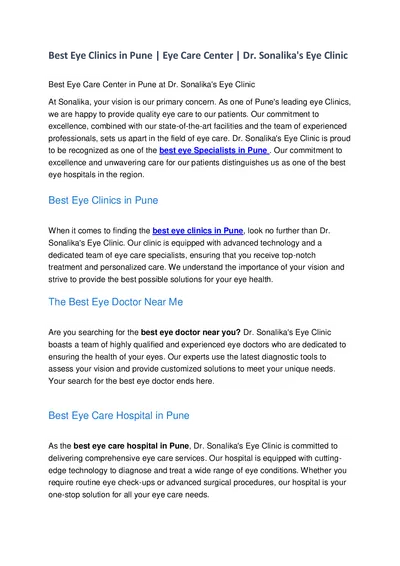PPT-Medicare's Home Health Care Benefits
Author : rose | Published Date : 2024-02-03
Hosted by Paralyzed Veterans of America Presented by Center for Medicare Advocacy Todays webinar will be recorded and available for viewing on PVAorg Closed Captioning
Presentation Embed Code
Download Presentation
Download Presentation The PPT/PDF document "Medicare's Home Health Care Benefits" is the property of its rightful owner. Permission is granted to download and print the materials on this website for personal, non-commercial use only, and to display it on your personal computer provided you do not modify the materials and that you retain all copyright notices contained in the materials. By downloading content from our website, you accept the terms of this agreement.
Medicare's Home Health Care Benefits: Transcript
Download Rules Of Document
"Medicare's Home Health Care Benefits"The content belongs to its owner. You may download and print it for personal use, without modification, and keep all copyright notices. By downloading, you agree to these terms.
Related Documents














